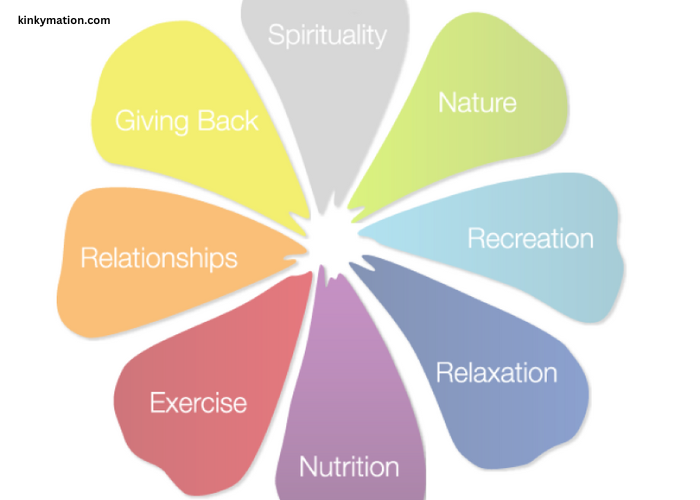Maintaining optimal health is a cornerstone of leading a fulfilling and productive life. While achieving peak health can seem like a complex undertaking, it’s often about adopting consistent, sustainable habits. Here, we outline effective strategies to help you achieve and maintain optimal well-being.
1. Balanced Nutrition
A healthy diet is the foundation of good health. Aim for a balanced intake of macronutrients (proteins, carbohydrates, and fats) and micronutrients (vitamins and minerals). Include plenty of:
- Fruits and Vegetables: These provide essential vitamins, minerals, and antioxidants.
- Whole Grains: Opt for whole grains like brown rice, quinoa, and oats for sustained energy.
- Lean Proteins: Sources such as fish, chicken, beans, and tofu support muscle repair and growth.
- Healthy Fats: Incorporate avocados, nuts, seeds, and olive oil to support brain health and hormone production.
Limit processed foods, added sugars, and excessive salt to reduce the risk of chronic diseases.
2. Regular Physical Activity
Exercise is crucial for maintaining physical and mental health. Aim for:
- Aerobic Activity: Engage in moderate-intensity exercises like walking, cycling, or swimming for at least 150 minutes per week.
- Strength Training: Include resistance exercises twice a week to build and maintain muscle mass.
- Flexibility and Balance: Practices like yoga or tai chi can enhance flexibility, reduce stress, and prevent injuries.
3. Quality Sleep
Sleep is often overlooked but is vital for overall health. Prioritize:
- Consistency: Stick to a regular sleep schedule, even on weekends.
- Sleep Hygiene: Create a restful environment by keeping your bedroom dark, quiet, and cool.
- Duration: Adults generally need 7-9 hours of sleep per night for optimal function.
4. Stress Management
Chronic stress can negatively impact physical and mental health. Effective stress management techniques include:
- Mindfulness and Meditation: Practice being present and managing thoughts.
- Deep Breathing Exercises: Simple breathing techniques can lower stress levels quickly.
- Hobbies and Socializing: Engage in activities you enjoy and spend time with loved ones.
5. Hydration
Proper hydration is essential for maintaining energy levels, supporting digestion, and regulating body temperature. Aim for:
- Adequate Water Intake: A general guideline is 8-10 cups per day, but individual needs vary based on activity level and climate.
- Limit Sugary Drinks: Reduce consumption of sodas and energy drinks.
6. Regular Health Checkups
Preventative healthcare plays a key role in early detection and management of potential health issues. Schedule:
- Annual Physicals: To monitor overall health metrics like blood pressure, cholesterol, and glucose levels.
- Specialized Screenings: Based on age, gender, and family history, such as mammograms, colonoscopies, or prostate exams.
7. Avoid Harmful Habits
Certain lifestyle choices can have a detrimental impact on health. To minimize risks:
- Quit Smoking: Seek support to quit if needed, as smoking is linked to numerous health conditions.
- Moderate Alcohol Intake: Limit consumption to recommended levels (1 drink per day for women, 2 for men).
- Limit Sedentary Behavior: Take breaks from sitting and incorporate movement throughout your day.
8. Mental Health Support
Optimal health includes mental well-being. Foster mental health by:
- Seeking Therapy or Counseling: Professional help can provide tools to navigate challenges.
- Building Resilience: Practice positive thinking and problem-solving skills.
- Staying Connected: Maintain strong social ties for emotional support.
Conclusion
Achieving and maintaining optimal health is a lifelong journey. By integrating these strategies into your daily routine, you can enhance your physical, mental, and emotional well-being. Remember, small, consistent changes often lead to the most significant long-term benefits.

